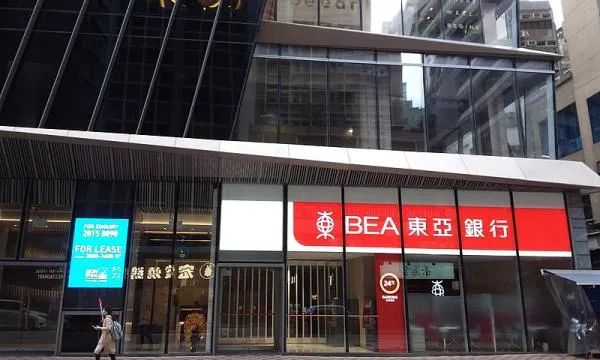
Bank of East Asia commences sale of life insurance arm
It hopes to have an agreement for recurrent revenue.
Bank of East Asia (BEA) has decided to initiate a sale of its life insurance arm to increase the value of the lender’s businesses and boost its financial standing, according to an announcement.
As part of the sale process, BEA will seek to enter into a long-term exclusive distribution agreement that will provide an ongoing source of recurrent revenue for the bank as a distributor of insurance products through its banking platform.
It has retained Goldman Sachs as financial advisor for the sale of BEA Life.
To retain its long-term shareholder value, BEA will apply key conclusions from its strategic review to enhance the value of businesses and will focus on identifying opportunities to grow its core businesses, including through strategic and synergistic partnerships with, but not limited to, its Mainland China banking business.



















 Advertise
Advertise











